Description
Maybe you want to know the voltage of your onboard battery(s), the RPM the motor is turning or the temperature of your ESC. In this day and age R/C is not just one way communication anymore. Traditional radio systems just transmit signals to the receiver, but Telemetry-capable systems send real-time data from your model back to your transmitter. The S.BUS2 Telemetry Link was developed based on communication protocol disclosed from Futaba for use with specific Futaba S.BUS2 radios and compatible Castle Creations ESCs. Telemetry data can be displayed on the transmitter screen, or for parameters where you only want to be notified when a defined threshold is exceeded, (battery voltage, ESC temperature, etc.) you can configure a vibration or sound alert from the radio.
Let’s start from the beginning.
What is Telemetry?
By definition, Telemetry is an automated communications process by which measurements (such as speed, temperature, or battery power) are made and other data collected at remote or inaccessible points and transmitted to receiving equipment for monitoring. A telemeter is a device used to remotely measure any quantity. It consists of a sensor, a transmission path, and a display, recording, or control device. Telemeters are the physical devices used in telemetry.
Why should I integrate Telemetry into my models?
Telemetry has the potential, not only to improve the safety of our models by monitoring battery voltages, ESC temperature, and other critical parameters, but it also creates other opportunities to get even more fun out of flying because you’ve essentially reduced the risks of “unknown” inevitable crashes. Think of the benefits to be had from alarms that will sound to warn you when there’s interference about or if your receiver battery is running unexpectedly low.
Exactly how does the Castle Telemetry Link integrate into my models?
First and foremost, we need to review essential compatibility parameters.
Compatible Castle ESC:
- The ESC must have the ability to accept a bi-directional communication protocol that gives it the ability to transmit real-time telemetry feedback. This feature is called Link Live™ and needs to be enabled on compatible ESCs using Castle Link™. Click here to view the Castle ESC Compatibility Chart
Compatible Futaba S.BUS2 Radio:
- S.BUS2™ extends Futaba S.BUS™ and supports bidirectional communication. Compatible radios will support S.BUS2 protocol. It is also necessary to utilize a compatible Futaba® Telemetry Receiver. Click here to view the Futaba® Radio Compatibility Chart.
Now, let’s see the mechanical integration.
Below is an example of a S.BUS2 Telemetry Link set-up for Surface, Air and Internal Governor Systems. You can see how the Telemetry Link (about 5.4 inches long) connection is made between the Castle ESC and the Futaba® S.BUS2™ receiver.
And how about this…. there is no requirement for additional Telemetry Sensors for your S.BUS2™ radio when using the S.BUS2 Telemetry Link. There are 7 specific data points available* and you can enable/disable to your liking through Castle Link™.
Note: data points available may vary depending on the ESC’s capabilities.
| Futaba S.Bus2 Telemetry Link Data Points | |
| Battery Voltage | You will be able to see the voltage state of your battery during flight and respond appropriately to deteriorating conditions or alarms you’ve programmed in your radio. |
| Battery Current | Reduce the load (throttle usually) to prevent an over-current shut down and know immediately if your consuming too much current in a particular maneuver. |
| Motor Power Output | This is the percentage of full power your ESC is delivering to your motor. |
| RPM | Ensure you are within acceptable parameters, without the use of a tachometer. |
| BEC Voltage | Monitor your BEC voltage and its stability to the RX even under different loads from different servos. |
| ESC Temperature | ESC temperature monitoring can eliminate a potential thermal shut down. |
| Battery Ripple | Just how hard are the capacitors, FETS, and internal components working with your set up, excessive ripple can cause internal heating of batteries. Excessive heat is harmful to the components and it can ultimately kill the controller. |
Operation of a model aircraft requires your undivided attention. We encourage you to refer to your transmitter manual to configure tactile and/or aural alerts to ensure your safety, and the safety of those around you.
Have confidence in pushing your model to its limits.
Let’s face it, your time and your energy should be devoted to enjoying your craft. Telemetry adds a whole new aspect to the RC pilot or driver that, when set-up and utilized properly, can take a lot of work load away and add to the overall satisfaction and safe operation of model airplanes, helicopters and cars.
You can review compatible Radio’s and much more on the S.BUS2 Resource page.
Telemetry Link for Futaba S.Bus2 Specs:
Size: 137.9mm x 10mm
Weight and size (circuit board only with no wires): 5.5gm / 25.4mm
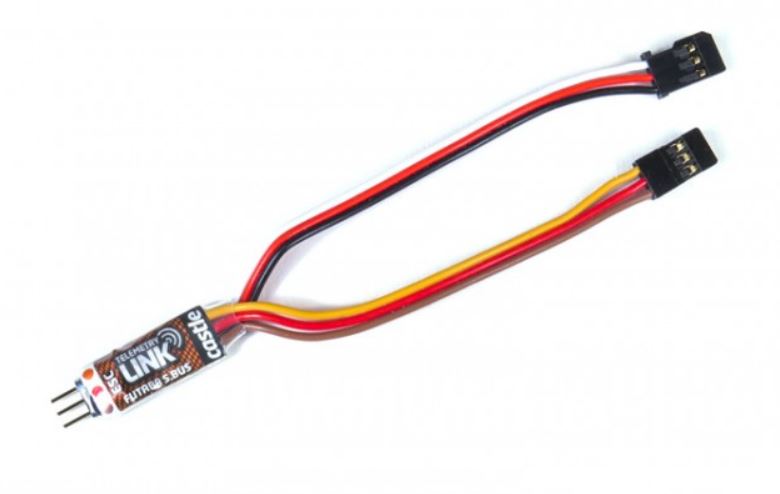
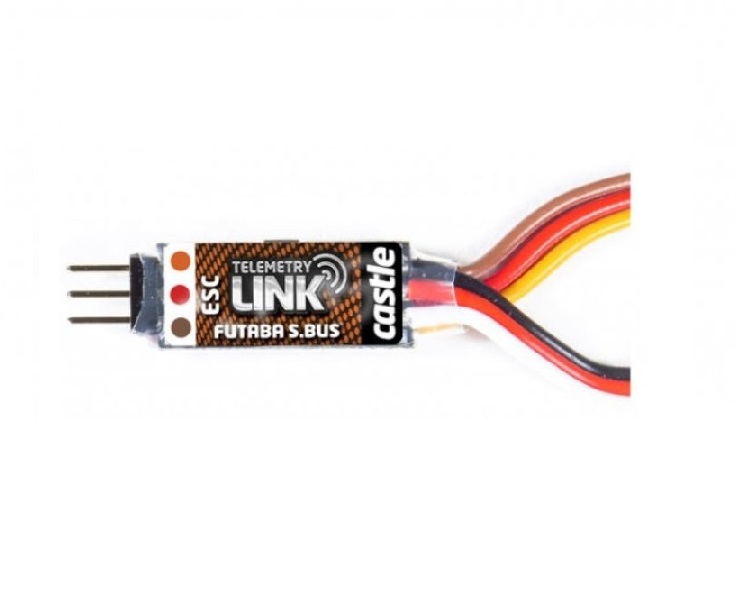
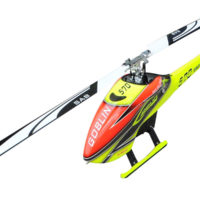
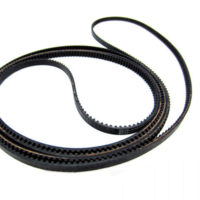

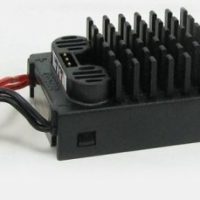








Reviews
There are no reviews yet.